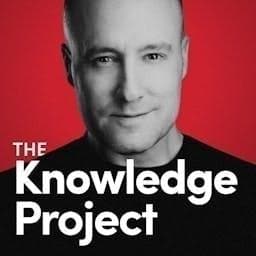Today I’m speaking with Nick Maggiulli. Nick is the COO of Ritholtz Wealth Management. His blog, Dollars and Data, explores a variety of financial topics with actual data & facts as opposed to vague opinions, which is what a lot of financial blogs do.
He’s a returning guest to the podcast. We previously discussed his book, Just Keep Buying.
Today, we’re talking about his new book, The Wealth Ladder.
The Wealth Ladder is unique in that it breaks down personal finance strategies at different stages of the wealth building journey. It’s unique because a lot of personal finance books are aimed at a very specific audience at a very specific level of the wealth ladder, and he explores all of it. It’s a great book and I highly recommend that you check it out!
Links
* The Wealth Ladder: https://www.amazon.com/Wealth-Ladder-Proven-Strategies-Financial-ebook/dp/B0DKMPFTR3
* Dollars and Data:
https://ofdollarsanddata.com/
* Nick’s original podcast appearence:
Disclaimer
Nothing on this substack is investment advice.The information in this article is for information and discussion purposes only. It does not constitute a recommendation to purchase or sell any financial instruments or other products. Investment decisions should not be made with this article and one should take into account the investment objectives or financial situation of any particular person or institution.
Investors should obtain advice based on their own individual circumstances from their own tax, financial, legal, and other advisers about the risks and merits of any transaction before making an investment decision, and only make such decisions on the basis of the investor’s own objectives, experience, and resources.
The information contained in this article is based on generally-available information and, although obtained from sources believed to be reliable, its accuracy and completeness cannot be assured, and such information may be incomplete or condensed.
Investments in financial instruments or other products carry significant risk, including the possible total loss of the principal amount invested. This article and its author do not purport to identify all the risks or material considerations that may be associated with entering into any transaction. This author accepts no liability for any loss (whether direct, indirect, or consequential) that may arise from any use of the information contained in or derived from this website.
This is a public episode. If you'd like to discuss this with other subscribers or get access to bonus episodes, visit www.securityanalysis.org/subscribe






























